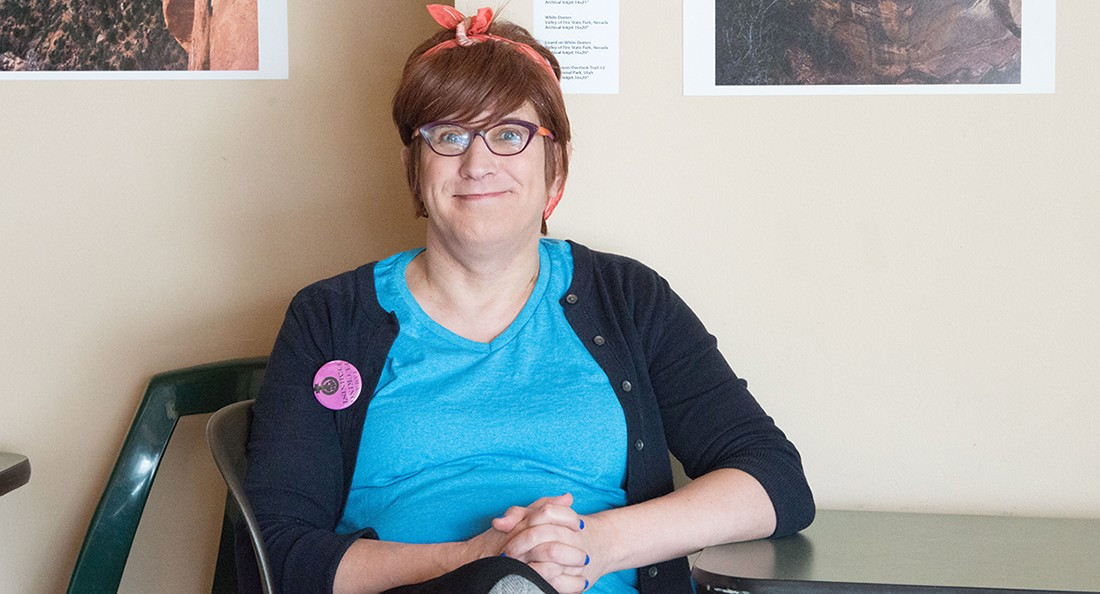Poverty is everyone’s business
Benefit concert raises funds through comedy and music
Comedian Lara Rae believes it’s possible to address any topic with humour. This approach extends to serious topics, like poverty.
Rae will host the upcoming Make Poverty History Manitoba benefit show at the West End Cultural Centre on March 22. In her act, she will discuss poverty through her own experiences navigating the health-care system and dealing with substance abuse.
Make Poverty History Manitoba (MPHM) is a multi-sectoral collaborative coalition which aims to make changes to public policy to end poverty in the province.
Their goals, as listed on their website, are: “Establish a target and timeline for reducing poverty, increase the minimum wage to $15.53 per hour, invest in 300 units per year of social housing, double the EIA Basic Needs budget (a program for people who require financial support for personal items, rent and healthcare), create 12,000 new affordable childcare spaces and double funding for mental health services.”
Local singer-songwriter Tara Williamson will also perform at the event. Her musical style is a blend of pop with jazz, cabaret and folk influences.
“As an Indigenous artist in particular, poverty affects our communities disproportionately … (it) contributes to so many other problems,” Williamson says.
Williamson explains that poverty is extrapolated in an urban situation, because removal from a land-based connection means reduced access to healthy food, housing and community support. Poverty in Winnipeg is especially dangerous due to the extreme weather conditions.
“Urbanization really highlights what poverty looks like when you’re displaced from the land … we see poverty being connected to things like mental health and addiction,” she says.
“In our city, (poverty) also corresponds with a national shame, which is the way that we continue to treat Indigenous people in this country,” Rae says. “There is a tremendous amount of shaming of people who are not performing well economically.”
She says that another group of people who are largely represented in poverty is the queer community, and transgender people in particular.
Poverty is sometimes an implicit theme in Williamson’s music. For instance, her song “Islands of Decolonial Love” is about creating decolonial spaces, which she sees as a mode of survival for Indigenous people in cities. Her song “Come My Way” is about the urban Idle No More movement.
She says that although she didn’t feel poor growing up, poverty has affected her life and influences her music in ways that may not always be obvious to the listener.
Rae explains that it shouldn’t be up to charities and organizations to take care of the situation, but that she will do what she can to help.
“We are a wealthy country, and there’s a lot of evidence that suggests there are enough resources and enough money in the world that people can live comfortably and safely if people are just willing to come up with plans and initiatives that make this happen,” Rae says.
“It is all our individual responsibilities, and if we lose connection to each other, these issues continue to grow,” she says.
The Make Poverty History Manitoba benefit show takes place at the West End Cultural Centre on March 22 at 7:15 p.m. Tickets are $20, and acts include Ridley Bent, Jess Reimer, Tara Williamson and Kelly Bado.
Published in Volume 72, Number 20 of The Uniter (March 8, 2018)







